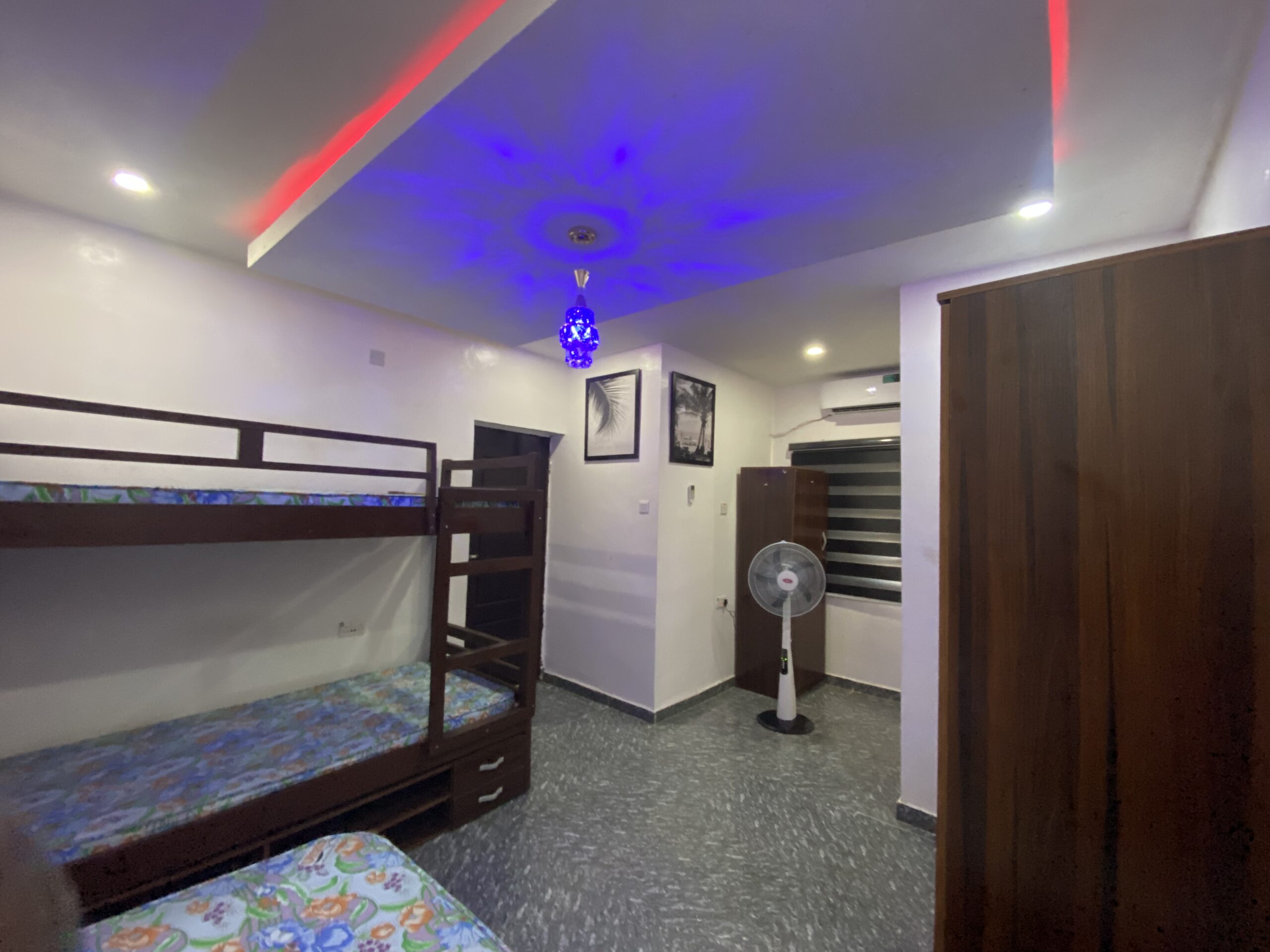
Lagos Real Estate: Why Property Prices Keep Rising?
Lagos, Nigeria’s fastest-rising economy, has witnessed a remarkable surge in real estate activity over recent years. This boom has led to escalating property prices, presenting both challenges and opportunities for investors and realtors.
Factors Driving the Lagos Real Estate Boom
- Population Growth and Urbanization:
Lagos has experienced unprecedented population growth over the past few decades. In 1950, the city had a modest population of approximately 325,218. By 2025, this number is projected to reach around 17.2 million, reflecting an average annual growth rate of 3.75%.
This rapid urbanization has intensified the demand for housing, significantly outpacing supply and driving property prices upward. The housing deficit in Nigeria is a pressing concern, with estimates ranging from 17 million to 28 million units as of 2025. This substantial shortfall shows the critical need for accelerated housing development to accommodate the growing population.
The influx of migrants into Lagos exacerbates the housing demand. As a result, property prices in Lagos have seen a consistent upward trajectory, making real estate investment in the city both a lucrative and competitive endeavor. Investors and developers increasingly focus on innovative solutions to bridge the housing gap and capitalize on the thriving real estate market.

- Limited Land Availability:
Contrary to what many think, the city of Lagos faces a scarcity of developable land. This could be the main reason for the high cost of property because Lagos is geographically constrained by the Atlantic Ocean and lagoons. This limitation has led to premium land values, especially in sought-after areas.
3. Inflation and Rising Construction Costs:
Inflationary pressures have escalated the costs of building materials and labour, presenting challenges for the construction industry. Simply put, the economy is not having the best face (it’s not smiling 🌚)
Fluctuations in exchange rates further exacerbate these expenses, as many materials used for construction are imported. Consequently, developers often transfer these increased costs to buyers, resulting in higher property prices. Let’s take a look at some data;
Iron Rod Prices:
- March 2024: The average price per ton of TMT iron rods was approximately ₦420,000.
- March 2025: A year later, the prices have tripled as the average price per ton of TMT iron rods is now approximately ₦1,210,000, depending on the quality.
Cement Prices:
- September 2024: The price of a 50-kg bag of cement ranged from ₦7,000 to ₦8,400, depending on the brand and location.
- March 2025: Months later, prices have escalated to approximately 10,000 per 50kg bag, depending on the brand and the location.
These escalating costs reveal the financial pressures faced by developers, who often pass on these expenses to consumers, thereby inflating property prices.
4. Infrastructure Development:
Ongoing infrastructure projects, such as road expansions and bridge constructions, have enhanced connectivity within Lagos. Improved infrastructure makes certain neighbourhoods more accessible and desirable, leading to appreciation in property values in these areas.
5. Speculative Investment:
Investors anticipating future price increases often purchase properties to hold for resale at higher values. This speculative behaviour reduces the availability of properties on the market, further driving up prices due to limited supply.

What are the implications for investors?
You might be asking, “What does this mean for me as an investor?” The truth is that the escalating property prices in Lagos present a mixed bag for investors:
- Capital Appreciation:
Investors can benefit from significant capital gains as property values continue to rise. Strategic investments in emerging neighbourhoods poised for growth can yield substantial returns.
- Rental Income:
With a growing population and housing deficit, rental properties are in high demand. Investors can achieve steady rental income, particularly in areas with high occupancy rates.
- Entry Barriers:
The high cost of properties may pose challenges for new investors attempting to enter the market. Substantial capital is required to acquire properties in prime locations.
The real estate landscape has undoubtedly demonstrated the need for intervention. However, investors and realtors can stay ahead of the curve in this ever-growing market.
In our next article, we will share key strategies to navigate rising costs and maximize opportunities in real estate. Stay tuned and follow us for updates!











